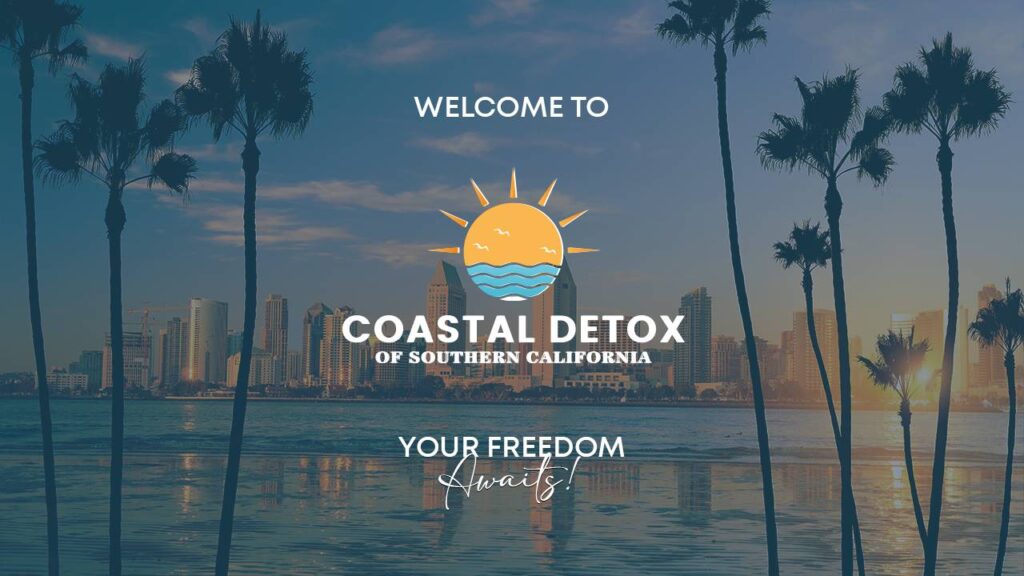Quitting alcohol cold turkey is a significant decision that can impact both your physical and mental health. While it may seem like a quick and effective way to overcome alcohol dependence, abruptly stopping alcohol consumption can lead to severe withdrawal symptoms and other complications. Understanding the risks and alternatives can help you make an informed choice about your recovery journey.
Why Quitting Alcohol Cold Turkey Can Be Dangerous
When someone who has been consuming alcohol heavily or regularly decides to quit drinking cold turkey, the body may react adversely. Alcohol dependence alters brain chemistry over time, and suddenly removing alcohol disrupts this balance. This disruption can result in severe withdrawal symptoms, such as seizures, delirium tremens (DTs), and extreme agitation. Without proper medical supervision, these symptoms can escalate to life-threatening conditions.
Recognizing Alcohol Withdrawal Symptoms
Alcohol withdrawal can range from mild to severe. Common symptoms include:
- Anxiety and irritability
- Insomnia
- Nausea and vomiting
- Tremors
- Increased heart rate and blood pressure
In severe cases, withdrawal may involve hallucinations, confusion, or seizures. These severe withdrawal symptoms highlight the importance of seeking professional help when attempting to quit alcohol.
The Role of Medical Detox in Recovery
Medical detox programs provide a safe and structured environment for individuals undergoing alcohol withdrawal. These programs offer medical supervision and medications to manage symptoms and prevent complications. Medications such as benzodiazepines are often used to reduce the risk of seizures and stabilize the nervous system.
For individuals with severe alcohol withdrawal or co-occurring conditions, inpatient rehab in San Diego is often recommended. Outpatient programs may also be an option for those with mild to moderate symptoms. Both options ensure that individuals receive the support they need during this critical phase of recovery.
Alternatives to Quitting Cold Turkey
Rather than quitting cold turkey, a gradual reduction in alcohol intake can help minimize withdrawal symptoms. This approach allows the body to adjust to decreasing levels of alcohol and reduces the risk of severe withdrawal. Working with a medical professional to develop a tapering plan is often the safest and most effective way to stop drinking.
Understanding Alcohol Use Disorder
Alcohol use disorder (AUD) is a medical condition that affects millions of people worldwide. It involves a pattern of problematic alcohol use that leads to significant distress or impairment. Individuals with AUD may find it challenging to quit drinking without professional help due to physical dependence and intense alcohol cravings.
Treatment for AUD often includes a combination of therapies, such as counseling, support groups like Alcoholics Anonymous, and medical interventions. These resources can help individuals address the root causes of their addiction and develop healthier coping strategies.
Finding the Right Addiction Treatment Program
If you or a loved one is struggling with alcohol dependency, finding the right addiction treatment program is crucial. Treatment centers, like Coastal Detox of Southern California, offer personalized care plans that address the unique needs of each individual. These programs often include:
- Comprehensive San Diego alcohol detox services
- Behavioral therapies to address the psychological aspects of addiction
- Support for co-occurring mental health conditions
- Long-term recovery planning and aftercare
By enrolling in an addiction treatment program, individuals can receive the tools and support needed to achieve and maintain sobriety.
The Importance of Professional Support
Attempting to quit alcohol without professional guidance can be dangerous and overwhelming. Severe withdrawal symptoms, such as delirium tremens, highlight the need for medical supervision during medical detox. Additionally, treatment programs provide a supportive environment where individuals can focus on their recovery without the distractions and triggers of everyday life.
Quitting alcohol cold turkey may seem like a quick solution, but it comes with significant risks. Severe withdrawal symptoms, including seizures and delirium tremens, can make this approach unsafe for many individuals. By seeking professional help and considering alternatives, such as medical detox or a gradual reduction in alcohol intake, you can take the first step toward lasting recovery.
If you or someone you know is ready to quit drinking and embrace a healthier future, reach out to Coastal Detox of Southern California. Our team is here to provide the support and care you need every step of the way.









